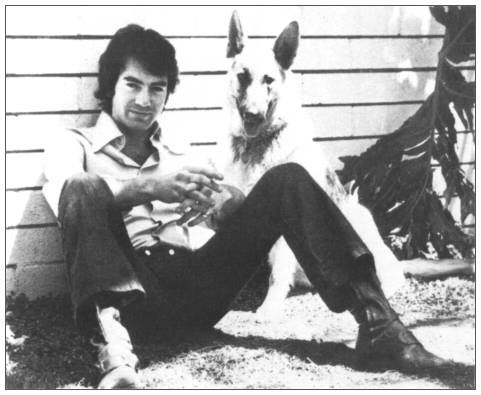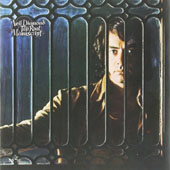|
"Cracklin' Rosie" Neil Diamond Uni 55250 October 1970 Billboard: #1
Neil went to Erasmus High School, and when he was 16, attended a summer camp in upstate New York where Pete Seeger performed. "Some of kids had actually written a song and they played it for him, and I kinda sat back and watched, and I became aware of the possibility of actually writing a song," Diamond told Ben Fong-Torres in a 1976 Rolling Stone interview. "And the next thing, I got a guitar when we got back to Brooklyn, started to take lessons and almost immediately began to write songs." "I took to writing songs to satisfy my need for expression, to gain acceptance and recognition,," he said in 1971. "What I remember most about my childhood was the constant moving from school to school. Under the circumstances, making friends was difficult and keeping them was impossible. I was pretty much an outsider most of the time. I was never accepted. That's why I took to writing so passionately." He received a fencing scholarship to New York University and was a pre-med student, with a major in biology and a minor in chemistry. The idea of becoming a doctor did enter his mind. "I was trying to be practical. While it's great to dream you're going to make it as a songwriter or singer, very few people do. You have to be realistic about how you're going to make a living." He dropped out of school and had a succession of staff writing jobs for different publishers. None of them worked out, so he finally rented a storage room above Birdland, a jazz nightclub in Manhattan. He bought an upright piano for $35 and spent a year writing songs. He made some early recordings; first for Duel Records as "Neil and Jack," a duo he formed with Jack Parker, then for Columbia Records. He was also performing in Greenwich Village coffee houses, where he met husband-and-wife songwriters Jeff Barry and Ellie Greenwich. They took him to Atlantic Records, where Jerry Wexler expressed great interest. At the time, Atlantic was financing a new label run by Bert Berns, and Wexler helped Berns sign Diamond as one of the first artists on the roster of Bang Records. Before he released any singles on Bang, Neil had his first top 20 hit. Jay and the Americans recorded Neil's "Sunday and Me," which peaked at number 18 in 1965. Neil's first single for Bang, "Solitary Man," did well in certain regions of the country, but wasn't a national hit. His next single, "Cherry, Cherry" went top 10 and established Neil as a singer/songwriter. He recorded a few more hits for Bang ("You Got to Me," "Girl, You'll Be a Woman Soon," "Thank the Lord for the Night Time" and "Kentucky Woman"). Meanwhile, other artists were recording his material, notably Lulu ("The Boat That I Row") and Deep Purple ("Kentucky Woman"). Neil left Bang in 1968 and signed with MCA's Uni label. He moved from Brooklyn to California, an experience that would one day become part of the song "I Am...I Said." Neil's first three singles for Uni failed to go higher than number 50. "Brother Love's Travelling Salvation Show" was next; it peaked at 22. The follow-up, "Sweet Caroline (Good Times Never Seemed So Good)," went to four and was his biggest single to date. "Cracklin' Rosie," from the album Tap Root Manuscript was Neil's ninth single on Uni. It was not his first song about wine. Two years earlier, he had a chart record with "Red Red Wine," a song that UB40 took to number one in Britain in 1983. - Fred Bronson, The Billboard Book of Number One Hits, Billboard, 1988.
No comments so far, be the first to comment. |


